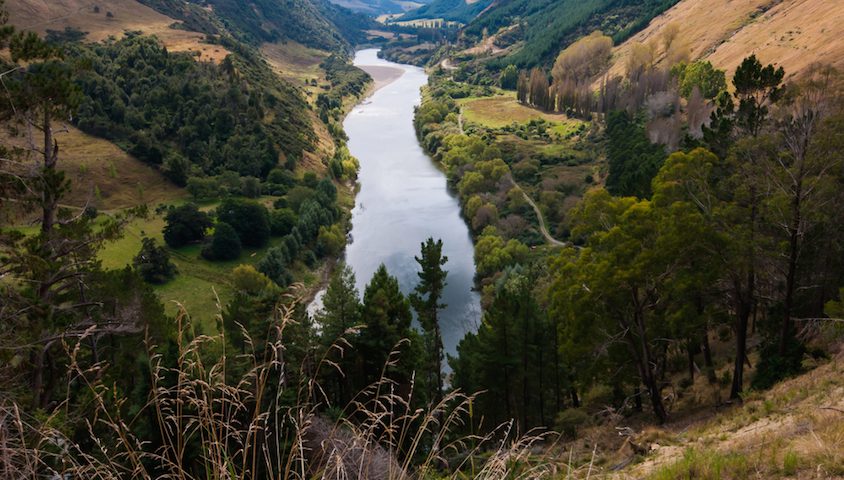New Zealand’s Whanganui River was yesterday granted the rights to be treated and, more importantly, defended as a living entity.
Reported in The Guardian, the local Māori tribe of Whanganui in the country’s North Island has found to have the river recognised as an ancestor for almost a century-and-a-half.
“The reason we have taken this approach is because we consider the river an ancestor and always have,” said Gerrard Albert, Whanganui iwi’s lead negotiator.
“We have fought to find an approximation in law so that all others can understand that from our perspective treating the river as a living entity is the correct way to approach it, as in indivisible whole, instead of the traditional model for the last 100 years of treating it from a perspective of ownership and management.”
By granting the it personhood, the law sees no difference between harm brought against the river or the Whanganui iwi, as they are essentially the same entity.
The settlement includes the appointment of two guardians to act on behalf of the river, one from the crown and one from the Whanganui iwi.
It also includes financial redress of NZ$80m and a further NZ$1m in funding to establish a legal framework for the situation.
Minister for the treaty of Waitangi negotiations has said the decision is unique, and closes out the longest-running litigation in New Zealand’s history.
“The approach of granting legal personality to a river is unique … it responds to the view of the iwi of the Whanganui river which has long recognised Te Awa Tupua through its traditions, customs and practice.”
The news regarding Whanganui follows a similar announcement late last year when a statute passed, allowing Te Urewera National Park all the rights of a legal person.


